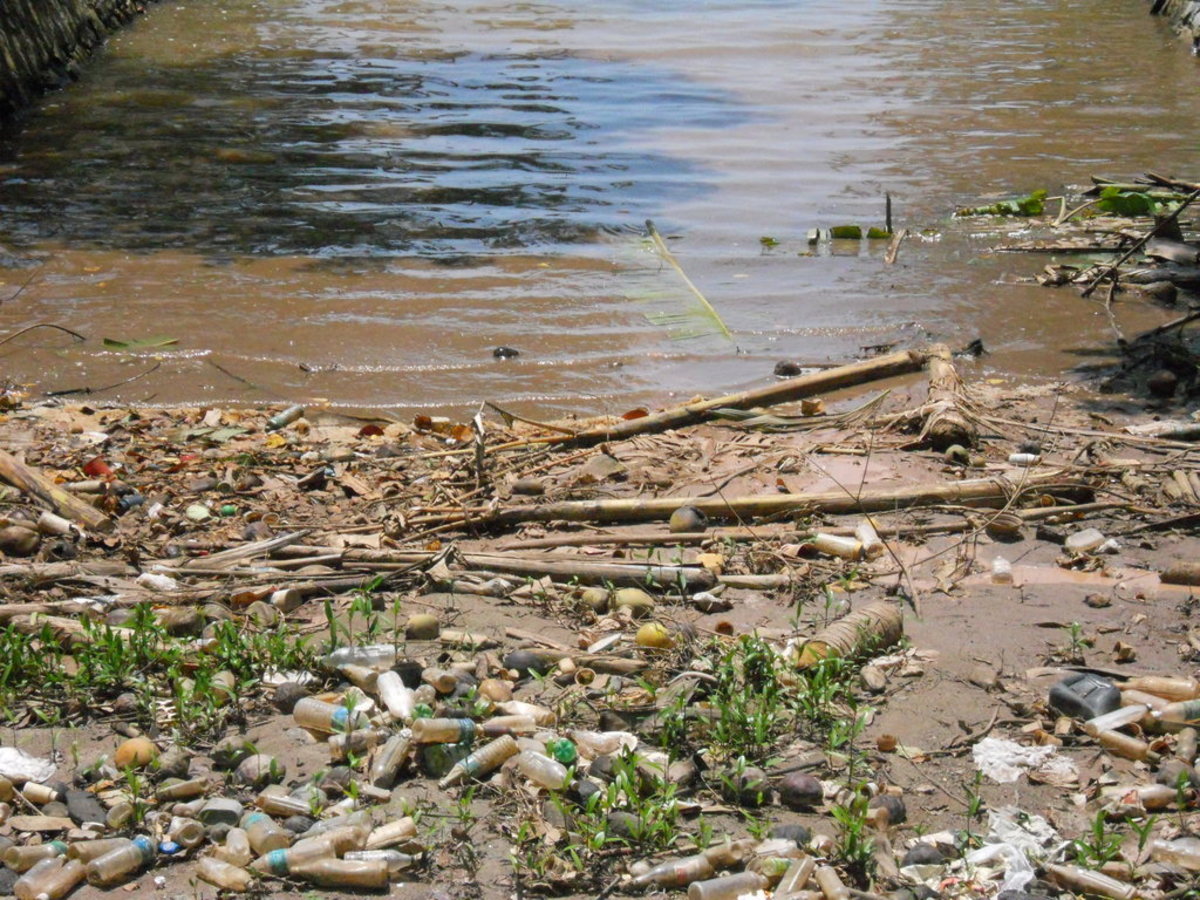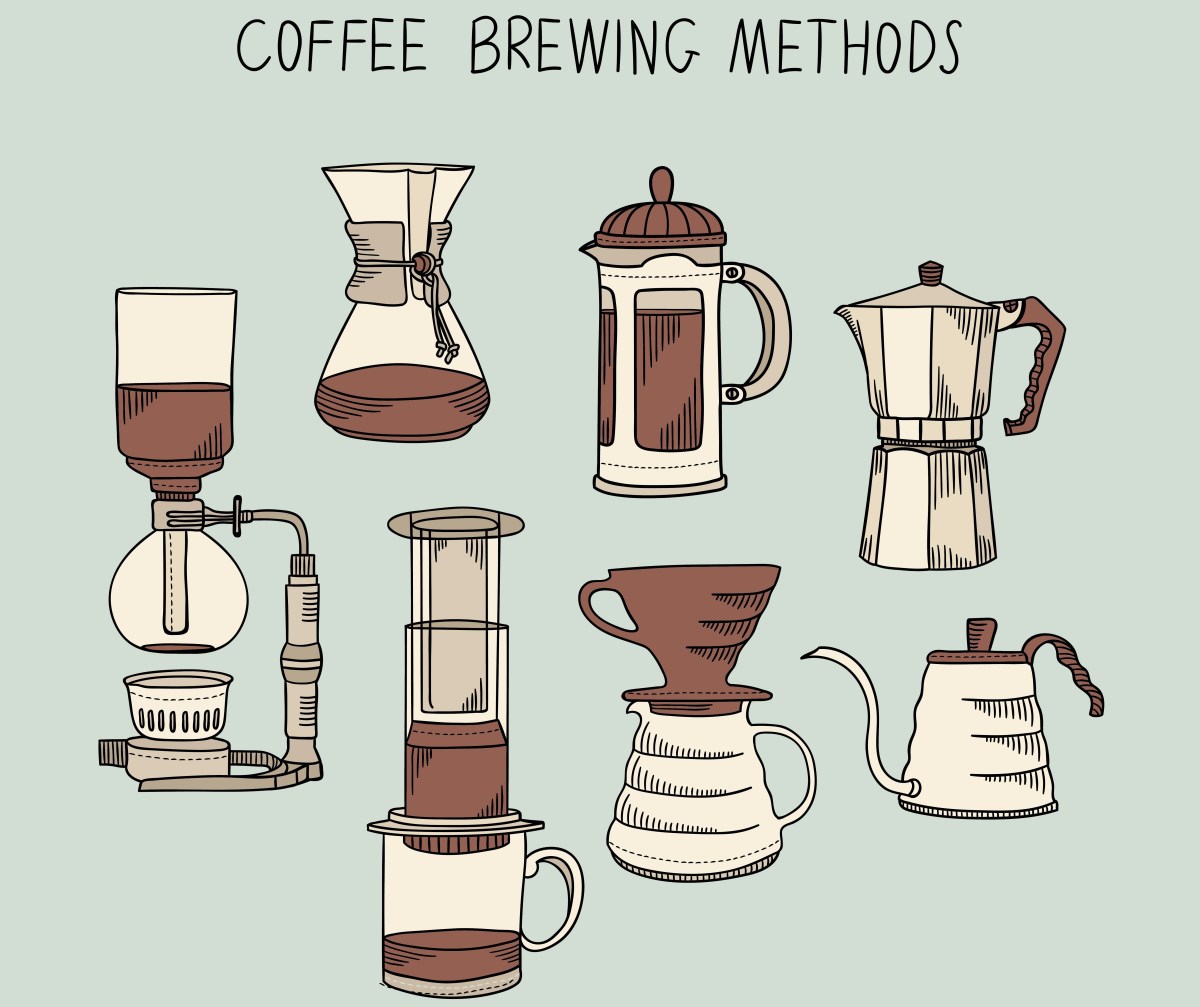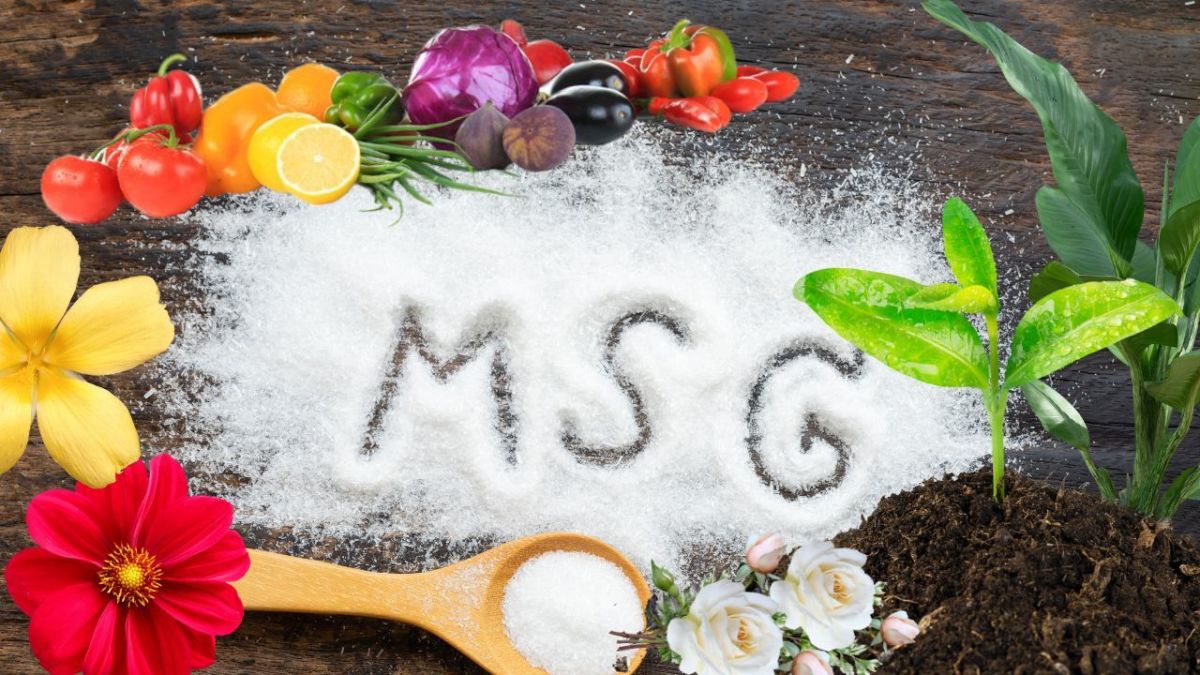Homemade Low Cost Plant Food
Eggshells
If you and your family readily eat eggs, there is no reason to let the shells go to waste! Crush them, and put them in a glass jar that contains water. Each day, or each day you eat eggs, keep adding shells. If you eat enough eggs, you can transfer them to a bigger jar and add more water. Do this for a month, and leave the lid on the jar somewhat loose. At the end of the month, you can begin to use it. Dilute one cup of that solution to one gallon of water.
The reason this is effective is that while the shell is mostly calcium carbonate, it also contains phosphorus and magnesium.
Green Tea
Surprisingly, a popular beverage that humans take in, green tea, can also be helpful to your plants. Why is this the case? Green tea is plentiful in nitrogen. Make sure to use only the solution, and do not incorporate any loose tea leaves, as they tend to attract pests.
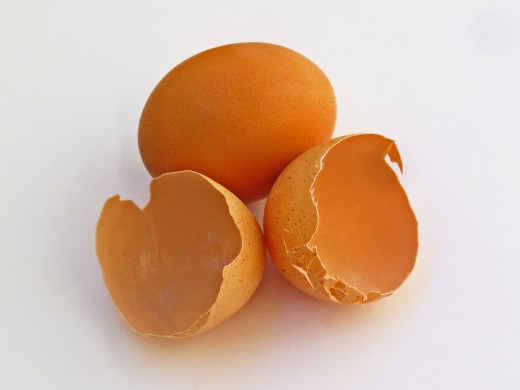
Coffee Grounds
Another popular beverage, coffee, can also be utilized for your plants. This works the opposite way of green tea. It is not necessary to pour coffee into the soil, but rather use the solid grounds after brewing. Coffee grounds contain nitrogen, phosphorus, and other minerals. They also provide an aeration effect, and are acidic. A slightly acidic condition is an ideal soil environment for plants.
Two caveats. Make sure you dig up the soil and put the grounds below the surface. If you just throw them on top, they can become moldy. Secondly, be careful not to use an excess amount. Too much acidity can be damaging. Use about 3/4 cup only once per month.
Epsom Salt Solutions and Recipes
Epsom salt is a common name for magnesium sulfate. Sprinkling just two tablespoons of this into your garden can have a very positive effect. You need not even worry about digging up the soil to put it under the surface. It can have an additive effect when combined with other ingredients in a solution.
You can mix together a cup of Epsom salt with a cup of beer, two cups of water, and a half cup of ammonia. All it takes is a half an ounce on a houseplant biweekly. Do this when you water it.
Another recipe is to combine a half teaspoon of Epsom salt with the eggshell solution described above, and a cup of coffee grounds. Then mix with one cup of water and one teaspoon of ammonia. You can just let this mixture sit on top of the soil. Do this once per month.
Sawdust to Aged Manure
Manure is a rich source of nitrogen, but it works best when it is aged for about six months. An excess of fresh manure can actually burn the roots of your plant. Take a manure pile, and water it, covering it with tarp. Adding plenty of sawdust will effectively control the odor. Dead leaves are an alternative to sawdust. Be sure to turn the wetted pile with either a pitchfork or shovel every two weeks.
Ashes
Hardwood ashes from a bonfire, or from your fireplace, contain a generous supply of potassium and phosphorus. Be sure to not use wood that has been treated with any form of preservatives, as that will counteract the essential elements. If you happen to store ashes outside, remember to keep them dry. If they are wet for any length of time before they get in the soil, their nutrient levels will deplete. You simply spread a layer of ashes approximately a half of an inch thick near the base of the plant and dig it in below the surface. However, don't use these on potato plants. Ash can result in scabbing of potatoes.
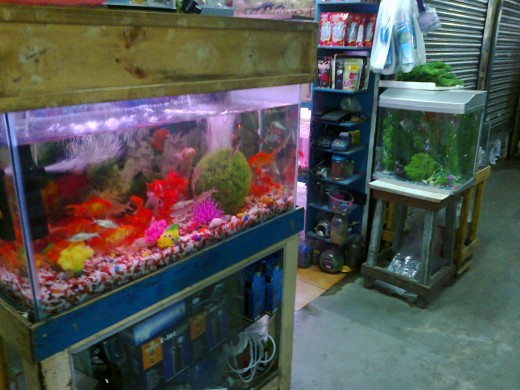
Fish Tanks
If you keep a fish tank, when you change out the water, you can use that to water your garden or houseplants. Fish tank water contains fish waste, which is loaded with nitrogen.
Vinegar Solutions
If your soil is too basic, perhaps the most sure way to immediately make it more acidic is to use acetic acid, or vinegar. Be careful, though, it is a strong acid, so a little goes a very long way. It must be heavily diluted with water. Use no more than one tablespoon of pure vinegar per one gallon of water.




